Lupus
Lupus is a long-term autoimmune disease in which the body’s immune system attacks its tissues and organs, leading to inflammation in areas such as the skin, kidneys, heart, and lungs. While the exact cause of lupus is unknown, factors such as genetics, environmental triggers, and hormonal changes are believed to contribute to its development. Although lupus has no cure, treatments are available to help manage the condition.
Key Facts and Statistics
Based on resources from the Lupus Foundation of America:
- .5 million Americans and 5 million people worldwide are affected by lupus.
- Lupus primarily impacts women, with 90% of cases occurring in females, and most people develop the disease between the ages of 15-44.
- Around 16,000 new cases of lupus are diagnosed annually in the U.S.
- Lupus ranks among the top 20 leading causes of death for females aged 5-64, particularly affecting Black and Hispanic women.
- Approximately 10-15% of people with lupus may die prematurely due to complications of the disease.
For the latest updates on lupus statistics, visit the Centers for Disease Control and Prevention (CDC) website. The CDC is collecting new data on lupus across different ethnic groups in the U.S., so numbers may change.
What are the
Symptoms?
Lupus symptoms vary greatly from person to person, but here are some of the most common based from Johns Hopkins Lupus Center:
✅Fatigue
✅Fever
✅Joint pain, stiffness, and swelling
✅Butterfly-shaped rash on the face
✅Shortness of breath
✅Cold sensitivity (Raynaud’s phenomenon)
✅Headaches, confusion, and memory loss
✅Dry eyes
✅Weight changes
✅Chest pain
✅Depression and anxiety
✅Gastrointestinal problems
✅Thyroid issues
✅Osteoporosis
✅Skin lesions that worsen with sun exposure
Lupus remains widely misunderstood, with 63% of Americans having little knowledge of the disease or its symptoms. Many also underestimate the time required for an accurate diagnosis. This highlights the urgent need for greater education and awareness about the condition.
Resilience in the Face of
Lupus
Lupus may bring difficult days, but it also presents opportunities to find your inner strength. With the right treatments and a positive outlook, managing lupus becomes easier, and good days become more frequent. You have the ability to push through and find joy in each moment, and many have shown that long-term wellness is within reach.
You might be asking these
Questions
❔“Are you feeling devastated after being told you have Lupus?”
❔“Are you struggling to balance work, family, and personal obligations now that you have Lupus?”
❔“Are you experiencing anxiety about your future after being told you have Lupus?”
❔“Are you feeling powerless over your ability to experience enjoyment in life?”
If you’ve answered “yes” to some of these questions, you’re in the right place—help, support, and guidance are here for you.
If it’s YES??? Then check out the testimonials below…
How Lupus Warriors
Thrive
These are real stories from people who have faced the tough reality of lupus but are now on their way to recovery. Each journey is a testament to the power of persistence and proper treatment in managing lupus. Their voices remind us that better days are possible, and you can reclaim control of your health.
“I’ve had the privilege of working with the Take Courage Coaching pain coaching program for years with multiple patients. I am grateful for the consistent work they do with this challenging population. Becky Curtis and her team really “get” chronic pain and the need for functional restoration and attention to mood and thoughts. They provide an essential service for our patients after they leave the inpatient setting.”
“Roy Elam, MD, collaborated with Becky to provide the Vanderbilt Center for Integrative Health staff with coaching skills. He’s inspired by her trustworthiness, dedication to healing and the disciplined program she’s envisioned and created. “The outcome data she is tracking…substantiates the efficacy of TCC,” he notes.”
“Gary Lusin is a Physical Therapist who has assembled a comprehensive therapy and rehabilitation program in Bozeman, Montana. He partners with Take Courage Coaching on patients who can benefit from additional education and support, and notes that the TCC program “has offered these patients an excellent educational and supportive service to help them move to a higher level of function..”
Professionals and experienced individuals who truly understand the impact of lupus are here to assist you in finding relief and managing your symptoms. With tailored care and compassionate support, they are dedicated to helping you regain strength and control over your life.
Coaching adds another layer of support, helping you stay focused, develop positive coping mechanisms, and maintain balance during your recovery. Let us walk with you through your journey to healing, every step of the way.
The Benefits of Coaching on Your Healing Process
✅ Tailored Support: Coaching sessions are customized to address your specific needs, helping you set achievable goals and implement practical strategies for managing symptoms and improving your well-being.
✅ Building Resilience: A coach provides techniques to help you develop a positive mindset and build resilience, empowering you to navigate challenges and take control of your health.
Your Support Starts Here
Managing lupus is easier with someone by your side. Reach out to a coach and begin building a plan that works for you. Together, we can help you navigate the challenges and find your path to recovery.


